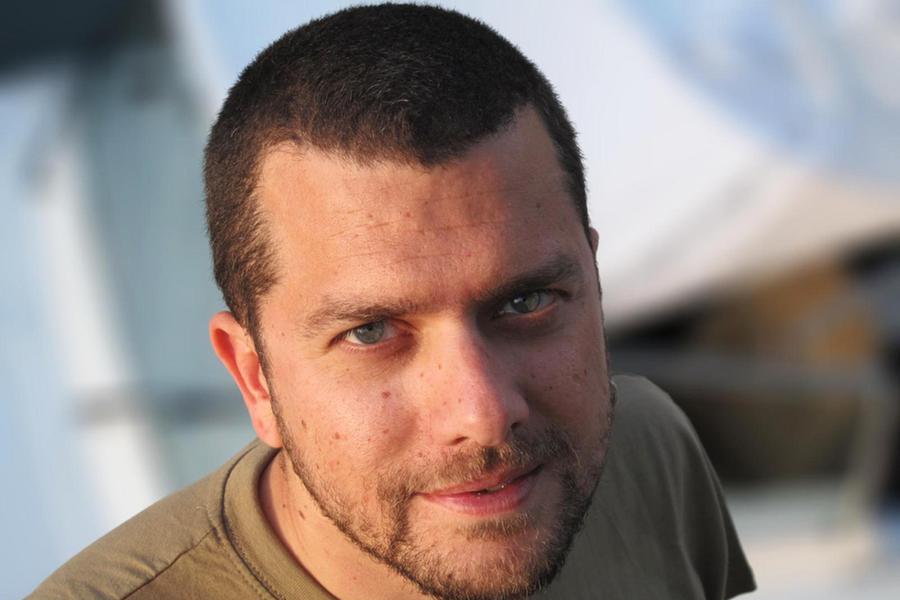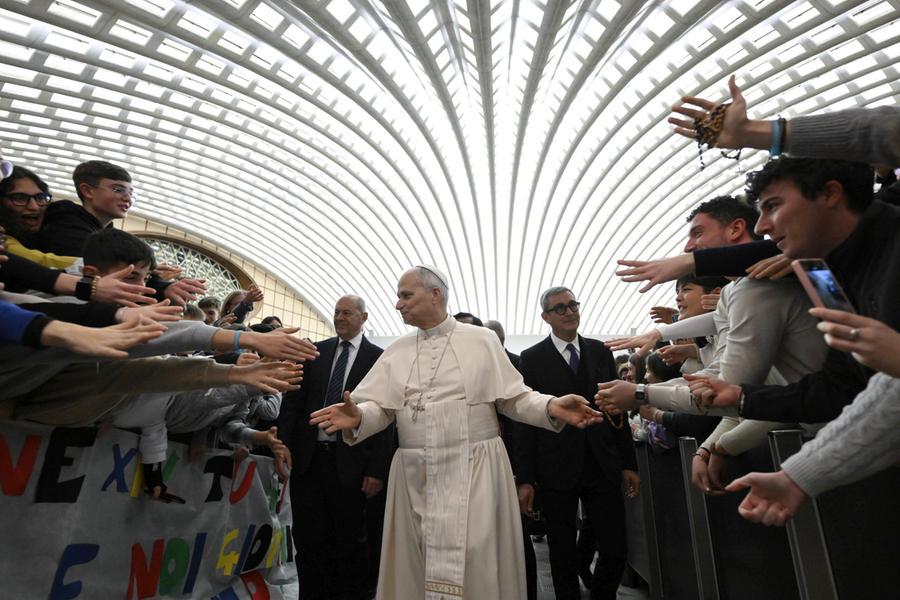Unfortunately, it is well known that in Italy fewer children are being had than in previous decades. And every year it seems like the trend gets worse and worse. In this sense the declarations of Adriano Bordignon, president of the Families Forum, they raise an alarm bell that should not be underestimated: «The progressive decrease in births in Italy is worrying. In 2024, 369,944 new births were registered, down 2.6% compared to the previous year. Provisional data for January-July 2025 indicate approximately 13 thousand fewer births compared to the same period in 2024 (-6.3%). According to Istat, the average number of children per woman has reached an all-time lowsettling at 1.18 in 2024, down from 1.20 in 2023. This is a historic low. The demographic imbalance represents a structural problem for both our country and Europe, with negative effects on Italy’s future: a decreasing and aging population puts the sustainability of the pension system, economic growth and essential public services at risk.”
The President of the Family Associations Forum continues by indicating possible measures to address the problem: «For this reason, it is a priority adopt targeted economic, fiscal and labor measuresstrengthen local services for early childhood and caregiving, and support housing policies for young couples. Some significant interventions are foreseen in the Financial Maneuver: the ISEE reform overcomes some critical issues of the previous instrument but we hope that it is the beginning of a larger construction site; the stabilization of a structural fund at the MEF aims to support families’ expenses for their children during the summer. Furthermore, measures have been introduced to encourage reconciliation between family and work. Only through close collaboration between territories, regions, countries and Europe will it be possible to address the issue effectively. An overall approach is needed: we reiterate the urgency of an intergovernmental conference at European level on the birth rate led by Italy which could involve the institutions in the search for concrete solutions”.
He then asks for the support of the European Union which: «must take responsibility for ensuring greater flexibility in the resources allocated to birthsas happens for military and ecological transition spending which enjoys a favorable regime compared to the EU stability pact. It is also essential to promote a cultural change, including family policies as an integral part of the national and European development strategy, rather than considering them a simple complement to social policies.”










